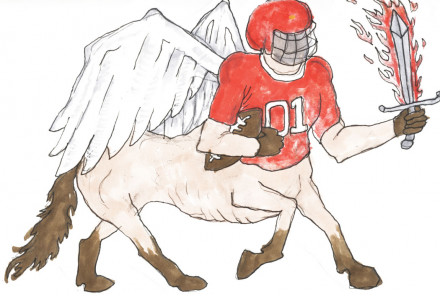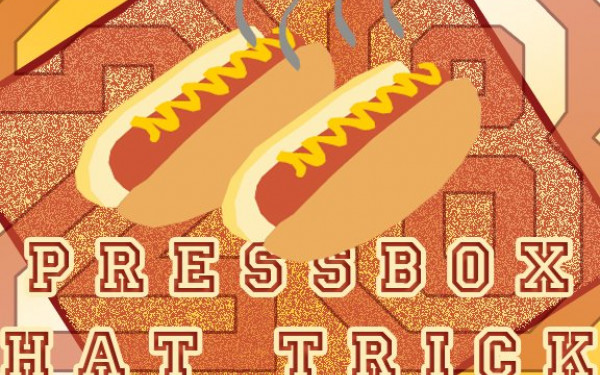The Hypocrisy of Fantasy Sports
The fantasy sports market has become one of the most popular elements in sports media. Its participants are some of the most passionate sports fans in the world, but also some of the most twisted.
Many fans declare loyalty to their hometown teams or even the ones they simply grew up cheering for. However, when fantasy teams are created, many fans are forced to pick players that play for the enemy team. On game day, fans are forced to pick a side; either cheer for the success of their hometown team, or the success of their fantasy team.
I first discovered this tug of war between loyalties when I entered a fantasy league during the Stanley Cup Playoffs in 2013. That season, the Chicago Blackhawks faced off against the Boston Bruins in the Stanley Cup Finals. My best friend, who had been a diehard Bruins fan since the age of seven, was ecstatic. Yet, he was also leading the fantasy pool and almost half his team was made up of players from the Blackhawks.
As we would text back and forth throughout the games, he would cheer for every Blackhawks goal scored by forward Patrick Kane, and when the Bruins would score, he would text me with the same excitement.
This exchange of cheering for both teams continued until game six when the Blackhawks won the Stanley Cup. My friend won the pool and wouldn’t stop going on and on about how great the Blackhawks players were. I was simply baffled by how one’s fantasy team could become more important than the success of their childhood team.
Flash-forward to the 2015 Stanley Cup Playoffs, when the Montreal Canadiens played the Tampa Bay Lightning in the Eastern Conference semi-finals. My fantasy team has more Lightning players than Habs players.
When the series began my loyalties were with the Habs but as the series progressed and the team ran into trouble, I switched to the other side. My fantasy team became more important than hometown pride. I had become the sick and twisted fan I had failed to understand just years prior.
But why is this the case? Why do fantasy sports participants allow themselves to become so contradictory to what they’ve stood for as a fan? Some fans put a lot of money into their fantasy leagues and want to see themselves rewarded at the end of the season. Others just want that feeling of success.
They want to be able to tell their friend at the end of the season how smart they are because they picked the best players for their team. In many ways, fantasy sports provides fans with an outlet for when their favorite teams aren’t doing so well.
With the National Football League season just two weekends in, and the National Hockey League and National Basketball Association seasons beginning in under a month, fantasy sports will be at their peak, meaning loyalties everywhere will be put to the test.
As much as Montrealers love the Habs, some of us probably won’t mind as much when they get scored on by Sidney Crosby. It hurts to say, but that’s just the nature of the fantasy sports world.




1_600_375_90_s_c1.jpg)
3_600_375_90_s_c1.jpg)
